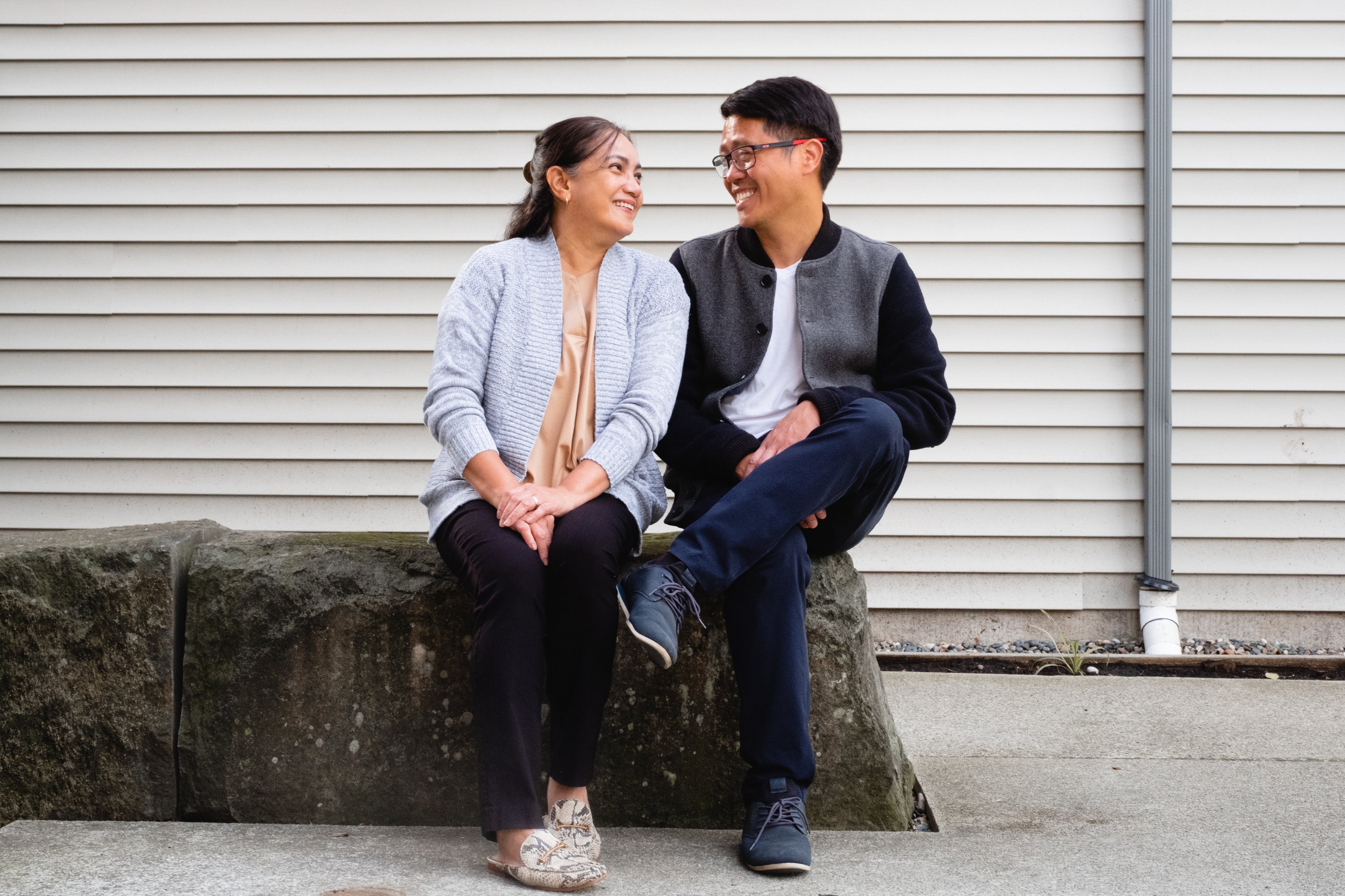Our Most Loved Collections
Explore More Popular Collections
About Parentgiving
Are you a senior or caregiver looking for premium home care products? Parentgiving is your one-stop resource for all kinds of products for seniors living at home. In our catalog, we're proud to offer the top brands in adult diapers, incontinence supplies, underwear for bowel incontinence, bariatric briefs, nutrition supplies, mobility solutions and aging-in-place products for seniors, caregivers and facilities. We offer a wide range in variety of incontinence solutions, including incontinence pads with belt.


Whether you need elderly care equipment for an aging parent or elderly care supplies for your nursing home, we have you covered. Our senior care supplies are offered at amazing prices — so you can enjoy getting a good deal, while also finding the best products. Our product range goes far beyond just diapers, you can also find items such as adaptive telephones, 4 wheeler walking aid options and so much more. More than that, our customer service team is backed by caregiving expertise and understands all that goes into senior care. It's important to us that we help you find the right fit diapers. We have a wealth of resources available to help you, too.
Only the Top Brands
Parentgiving is an authorized retailer for the most respected and premium brands of home care supplies, drive products for seniors, teen incontinence underwear, the best elderly care equipment in the industry and many more adult care products. Our award-winning customer service team receives the latest in product training and in-service calls from our manufacturers at least two times per month. Parentgiving is constantly expanding its products and categories to reflect the needs of our customers.


Parentgiving only employs representatives with caregiving experience. We are here to transform your aging and caregiving challenges into great products and easy solutions.
Our award-winning customer service team ALL have personal experience with senior caregiving. Parentgiving understands the unique demands of aging in place and is dedicated to providing the best online shopping experience when purchasing home health care products.
Top Products


Unique Wellness Absorbent Underwear (Pull Ons with NASA technology)
Recently viewed










































